UU students talk about their first year of college
‘After a chaotic year, I finally feel like I have things a little bit under control’

Different from secondary school
Most of the students say it took them some time to get used to their new lives. “It’s so different from high school, how much you gain from each course is up to you,” says Irene, who came to Utrecht from Spain to study Philosophy, Politics & Economics.
Jelle (Liberal Arts & Sciences) has also noticed the difference. He was surprised by the amount of work, as he did “absolutely nothing” in high school. He was the kind of student who would only read the material the day before the exam, passing it easily. “Things are different at university. I worked hard, but I didn’t manage to do all my homework. Not necessarily because there was too much to do, but because it was hard to combine studying and social life.”
I didn't do anything in high school
Although he didn’t feel stressed out in his first year, Jelle struggled on to the very last resit opportunity to pass some of his courses and be allowed to continue to the next year. In the Netherlands, students must obtain a certain number of credits to be allowed to take the second year. Jelle had to pass six out of eight courses, which was a lot of work. So, he advises first-year students to take their studies seriously from the start.
Annemarijn (Liberal Arts & Sciences) adds: “In high school, we had to know things exactly, but, at university, it's okay if you only understand things along general lines.” However, there are differences between courses. “The description of some courses states that you don’t need any prior knowledge, but I noticed during the course that I lacked some necessary knowledge. There were also a few courses I didn’t do anything for.” This diversity in terms of courses required flexibility. “I’ve only been studying for a year,” she says, “but it feels like I’ve been a student for two.” Annemarijn says she’s finally got the chaos of studying under control a little bit.

Take it seriously from the beginning
“Another difference is that, at university, you must study harder to understand the material. It’s different from high school, where you usually get the information handed to you on a platter. You need to study on your own a lot more,” Rebecca (Liberal Arts & Sciences) ponders.
This isn’t true for everybody, though. Roos (Interdisciplinary Social Sciences): “I spent a lot less time sudying than I’d expected to. Before I started, I thought I’d have to study a lot outside of contact hours, but in the end, I had a lot of spare time.”

Illustration: 123rf
Choosing between your social life and your studies
As a first-year student, everything is new and you must make more decisions than you did at high school – not just about your studies, but also about your social life. Rebecca started her studies after a gap year in which she travelled a lot. “At first, everything was exciting and scary. During the introduction camp, we had to form groups, which I didn’t like much. I had so much social anxiety at first.” Eventually, Rebecca became an active member of her study association and joined several committees.
Jelle dedicated a lot of time to his social life this past year – sometimes to the detriment of his studies. But even with the study delay fees the new parliament wants to introduce, he’d rather finish his studies in four years having fun than in three years while stressed out.
I'd rather have fun for four years than suffer for three
Annemarijn, too, made plenty of room for her social life. “I developed myself so much as a result, and I’ve grown.” She first joined the student association Unitas and later switched to the student rowing association Triton, where she feels at home.
Irene wanted to get good grades. Still, she found enough time for social activities. “I don’t know if I should say this, but ChatGPT has helped me a lot with this. I used to spend hours reading long, difficult texts, but now I ask ChatGPT to summarise them for me, which frees up a lot of time.”
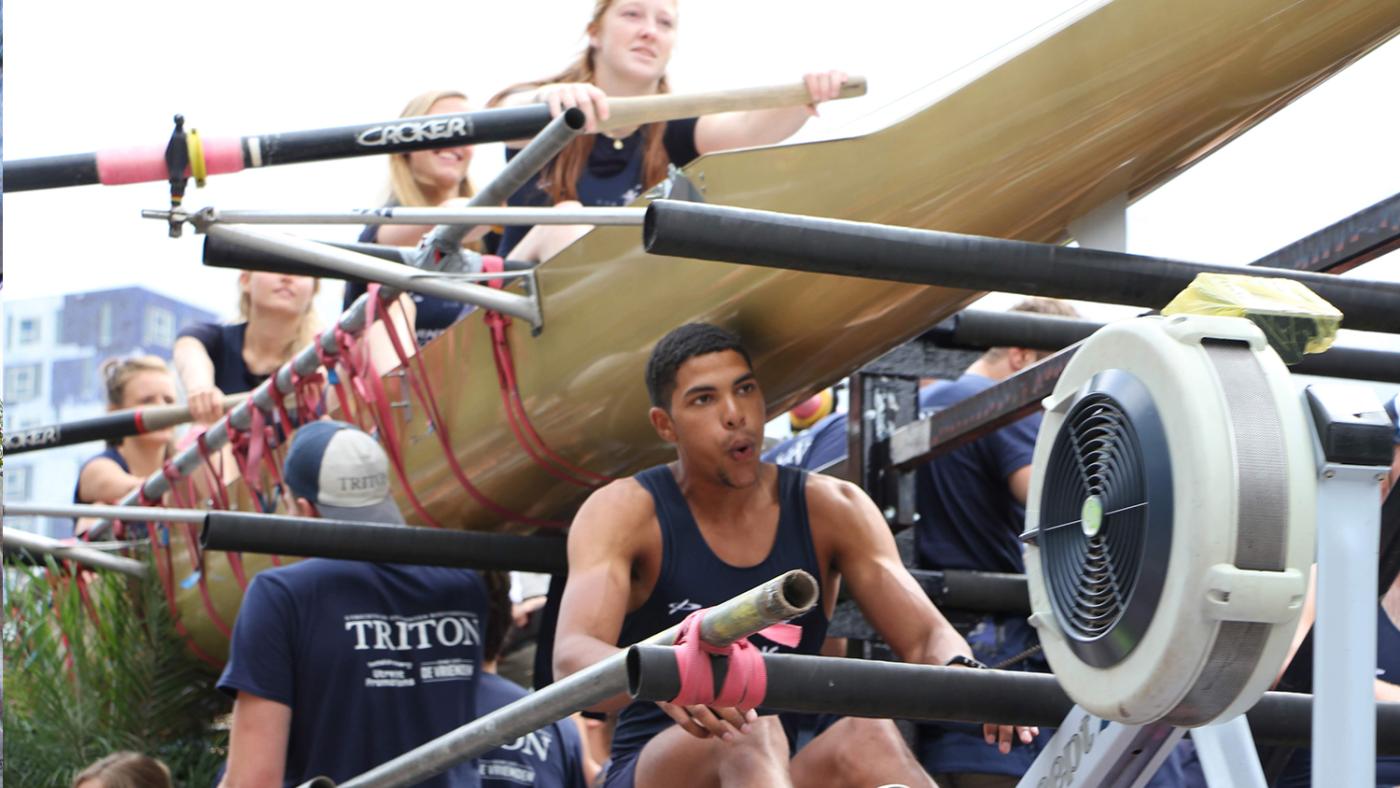
Photo: DUB
Learning to cope with the workload
Should you attend all lectures or can you do without them? And how do you deal with setbacks, like when you fail an exam? “Some people go to lectures to understand the texts better, while others read the texts thoroughly so they don’t have to attend classes. Everyone has their own way,” says Irene, who does attend the lectures. Annemarijn does, too. She thinks it’s the most efficient way to go about things. “It means I can spend less time studying.”
Roos did not always attend class and regrets it. “I live quite far away from the campus, so I didn’t go to many lectures. Looking back, it would’ve been better if I had. That's the most interesting part of the programme. Moreover, my programme doesn’t have many contact hours, so I wasn’t on campus very often and I made fewer friends than I would have liked.”
Have as much fun as you can, but don't forget to study
Many freshmen wonder how high they should set the bar for themselves and how they should deal with setbacks. Irene noticed that, in the PPE programme, many internationals are very competitive. “The first paper we had to write was pretty challenging. I cried over a 7.5 because I felt the grade was too low.” Irene has since adjusted her expectations.
Annemarijn, too, found out that exam grades can be disappointing... She was bummed out about a course she didn’t manage to pass. Jelle failed two courses in his first year. He wasn’t stressed out but, after this first year, he realised he had to find a way to combine his studies and his social life better. “Studying hard for a week or two is sometimes part of it.”
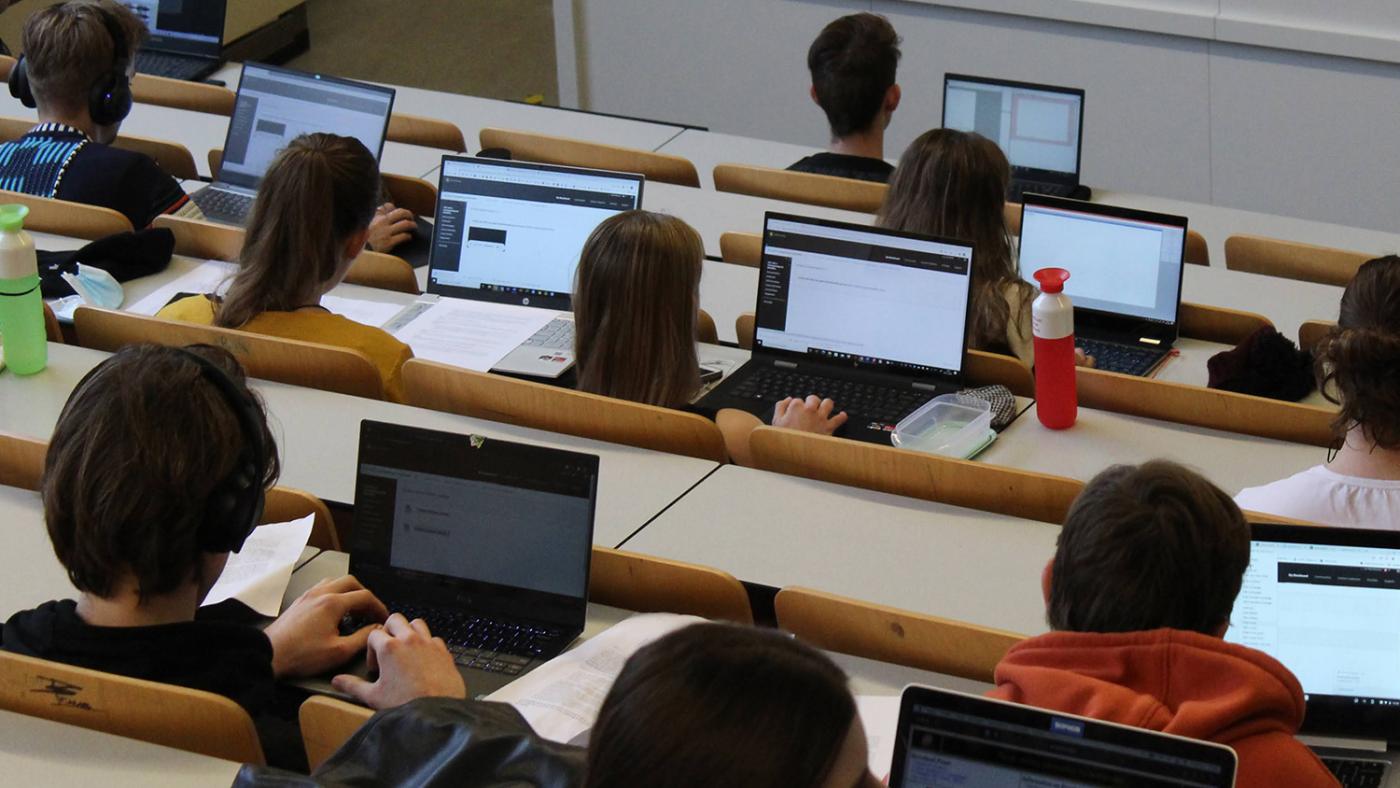
Photo: Pixabay
Dutch vs English
For some of these freshers, the use of English took some getting used to. Annemarijn: “Most classes were taught in Dutch but, sometimes, in work groups, we would get texts and questions in English. I wondered why.” Annemarijn has now signed up for an Academic Writing course in English, an extra course that UU students can take for free.
Roos and Jelle say they’re not bothered by the English language, but sometimes reading texts in English takes a little longer. Jelle: “Everyone speaks English at a reasonable level, so if you don’t understand something, you can just raise your hand and ask what it means. The fact that reading English texts takes a bit more time and energy is just something you need to take into account.”
For Rebecca, things were a little different: “They expect you to read in English at such a high level, but I was not prepared for that in high school.”
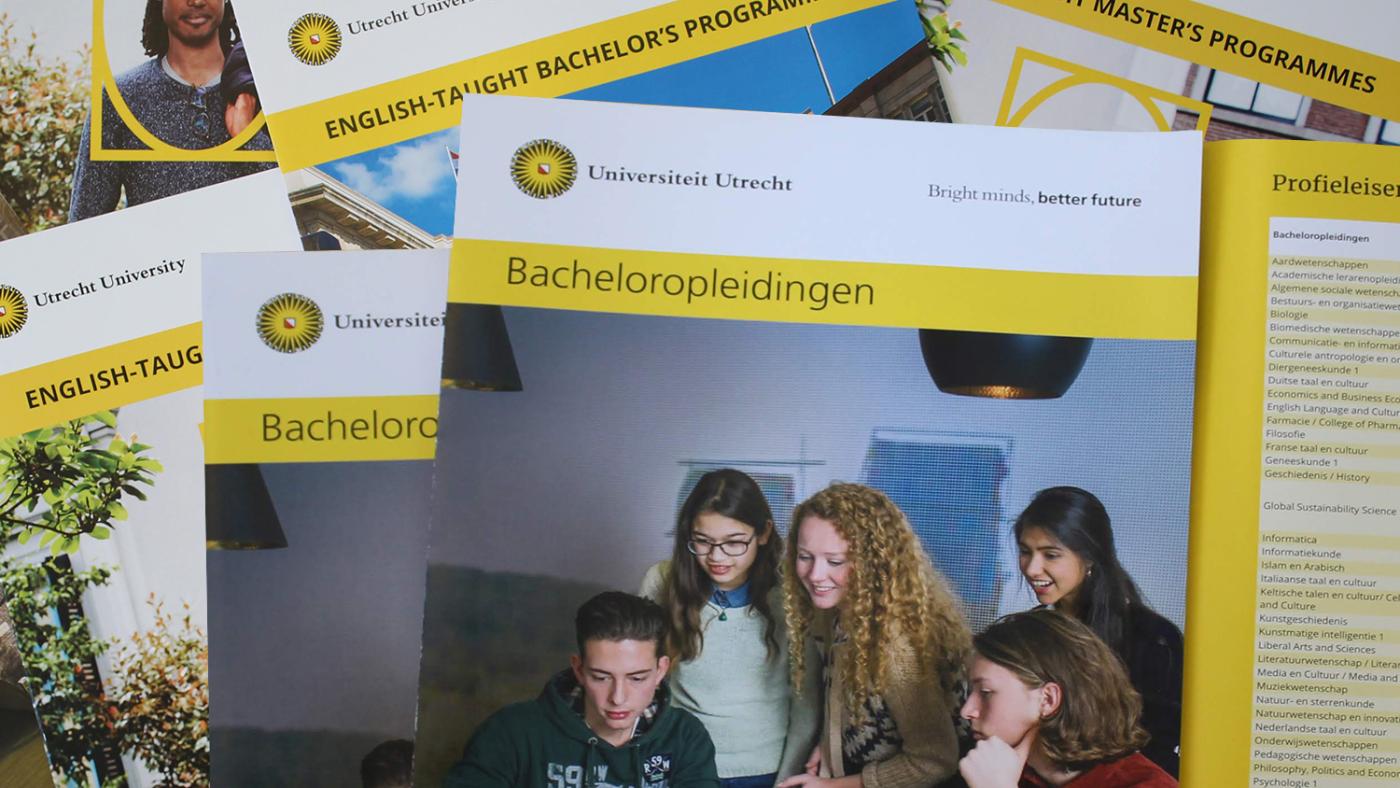
Photo: DUB
Contact hours
The first-year students have varying experiences when it comes to lecturers. Irene thinks that some of them are exceptional and inspiring, while others are disappointing. “Some lecturers would say: 'That’s not my area of expertise’ when we asked them about texts we had to read. To me, that’s unacceptable. As a lecturer, you should know the texts you’re teaching about.”
Teachers are people too
At first, Annemarijn put her teachers on a pedestal. “Now, I’m finding out that they’re just people who happen to have a lot of knowledge.” She wasn’t disappointed by that. On the contrary: she is inspired. “Maybe I can become a lecturer, too!”
Most of Roos' experiences with work groups were positive. "All the lecturers were motivated and passionate.” When it comes to lectures, her experiences varied. “The guest speakers were often very interesting, but the lectures where you had to type out the material slide by slide were a bit stupid.”
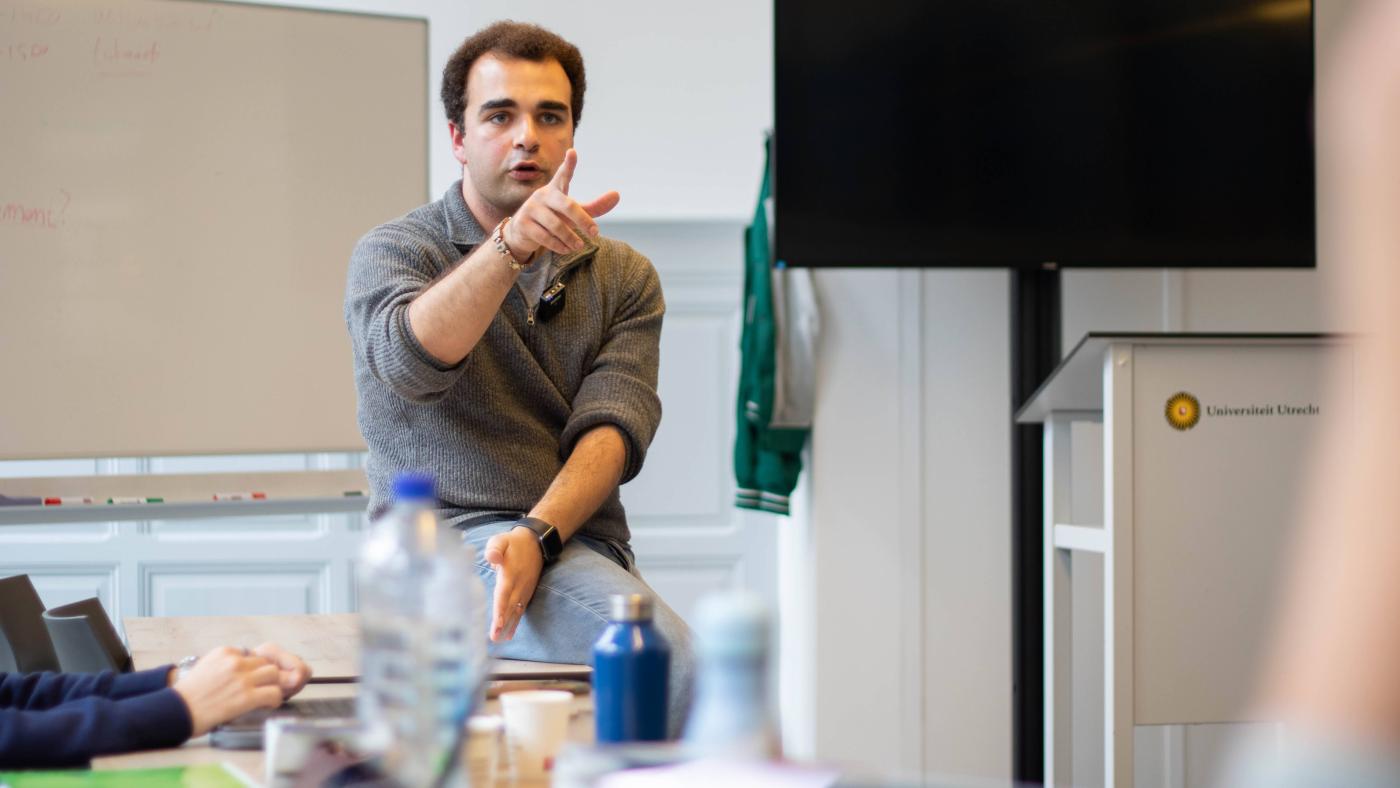
Photo DUB
Sharing a home with other students
Many freshers keep living with their parents for a while. Roos says that, after high school, she didn’t want to take on too much responsibility at once. She didn't want to do things like cook dinner or clean up. Hence her choice of a gap year. She stayed with her parents throughout her first year of studies, but now she’s looking for a room. She’s looking forward to finally living by herself and deciding what to do without having to check in with them. She’s still not looking forward to the other parts, though: “When you suddenly have to wash all the dishes by hand, you start to appreciate the value of a dishwasher.”
When you have to wash everything by hand, you suddenly appreciate the luxury of a dishwasher
Annemarijn and Irene both shared homes with other students this past year. They both enjoy it, but it took some getting used to. “It was the first time I was responsible for everything in my life,” Irene explains. She moved here from Spain, so she also had to get used to a new culture. “Everything is new. Absolutely nothing is familiar. But things got better and better as the year went by.”
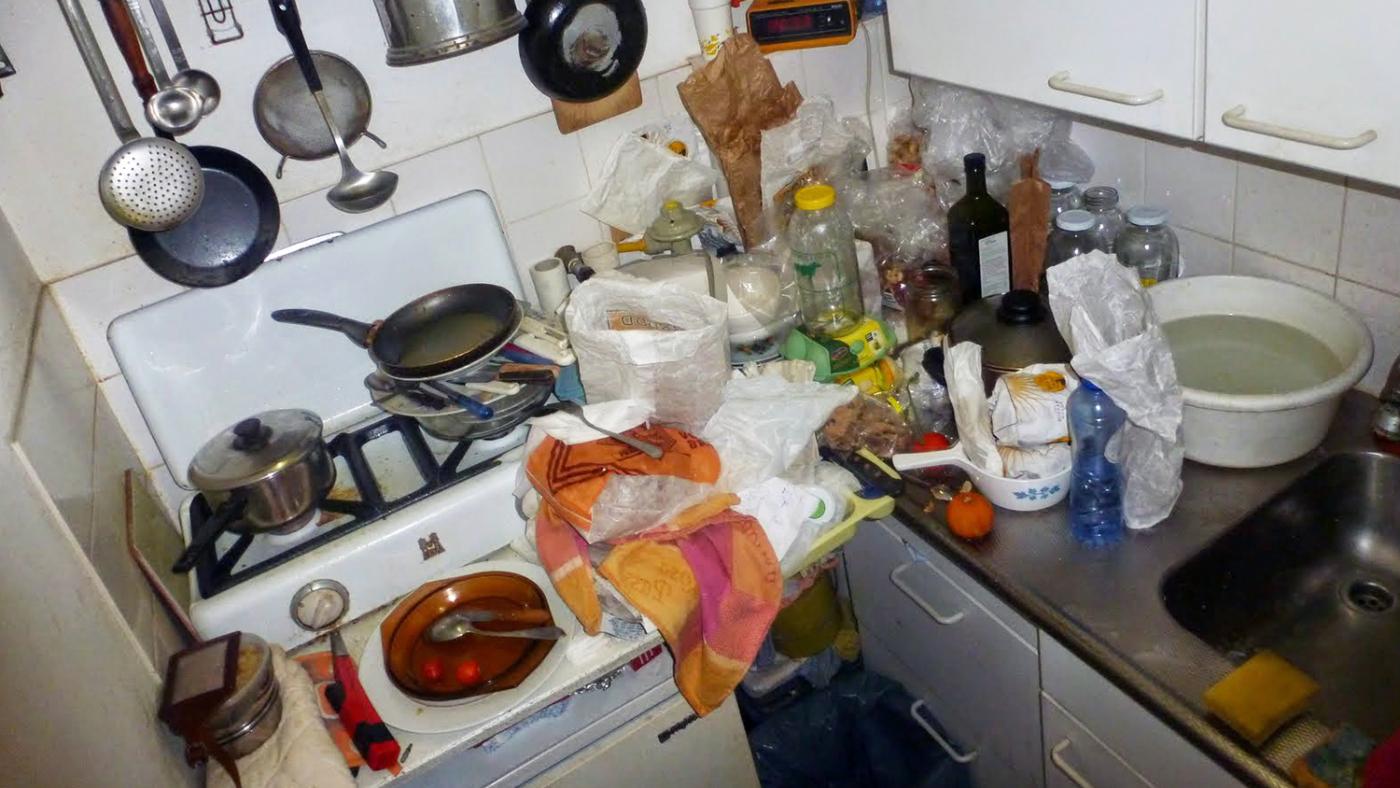
Photo: DUB
Tips from second-year students to first-year students:
Jelle: “If you had an easy course, don’t assume the next one will be easy too. Courses vary in difficulty greatly.”
Irene: “Don’t put too much pressure on yourself to do everything right. Give yourself time to build friendships, get a nice house, and improve academically. Not everything has to go as you dreamed. It’s always going to be hard, so give yourself time to get used to everything and build up your life.”
Roos: “Join a club and don’t be guided by prejudices! Joining an association is worth it, there is something fun for everyone.”
Rebecca: “Don’t be afraid of older students and open up! They are students just like yourself, they have been in your shoes.”
Annemarijn: “Try everything! Difficult electives, auditioning, activities organised by your study association, becoming a member somewhere... Just do it! You can only learn from it. Activities outside of your studies are particularly fun. You get to know new people!”